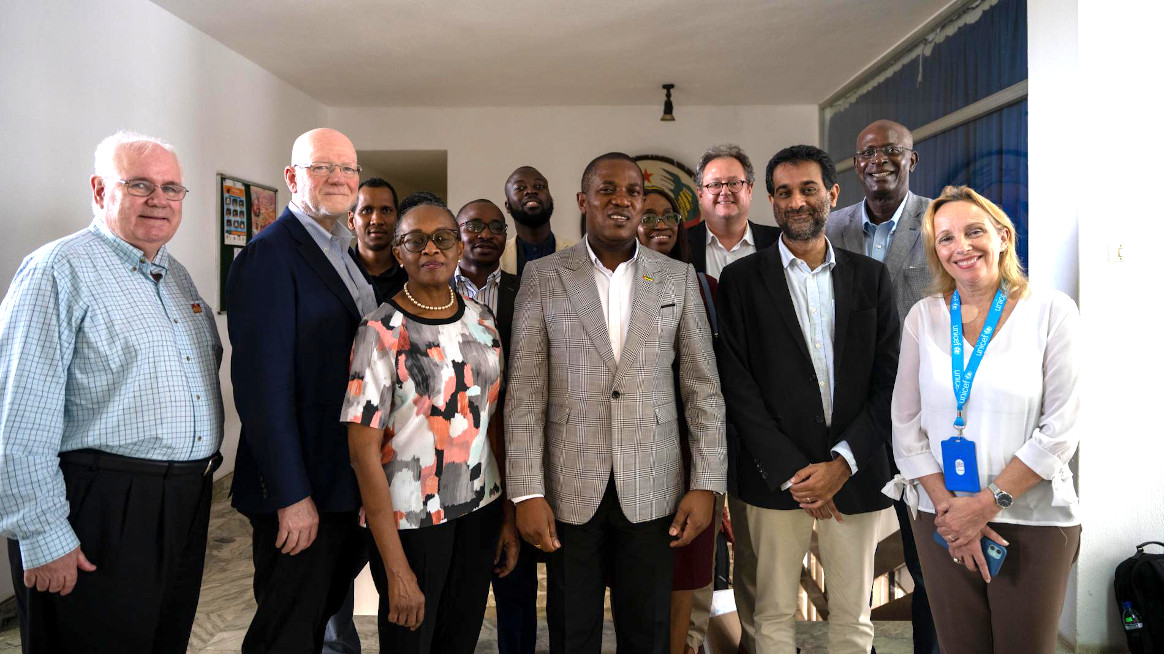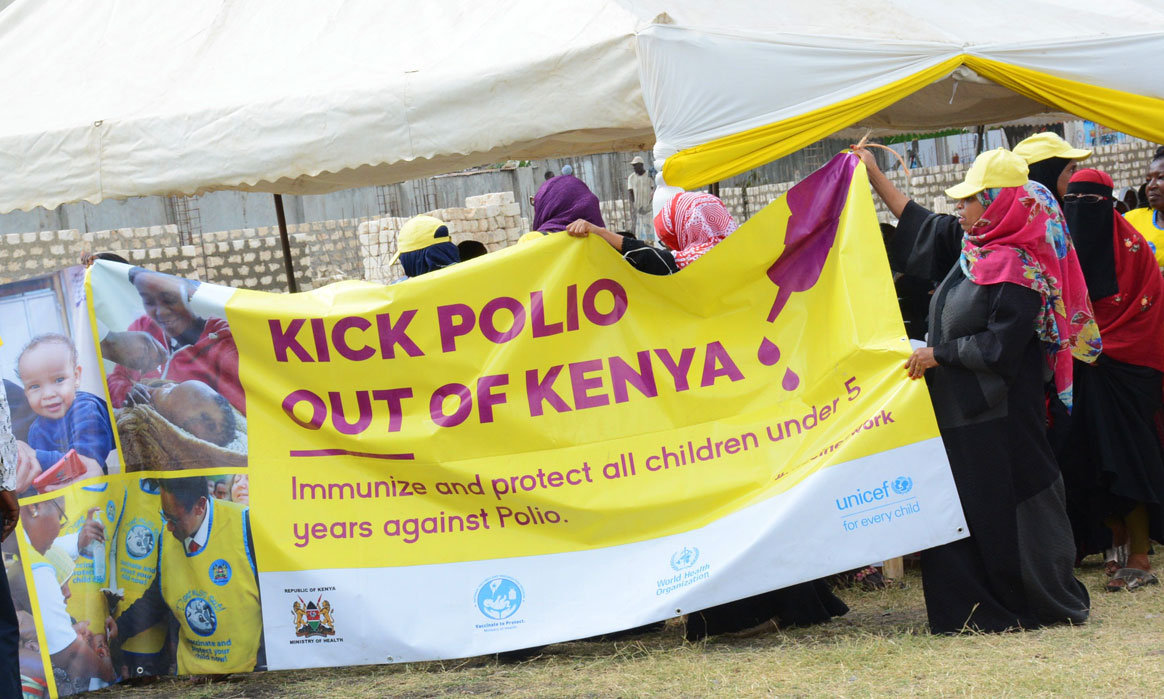
On 14 May 2024, the wild poliovirus outbreak in Malawi and Mozambique – which paralyzed nine children across the countries between February and August 2022 – was officially stopped. The virus, linked to a strain originally found in Pakistan, was unable to regain a foothold in the African region.
This incredible achievement was made possible by the tireless efforts of health workers and authorities across five countries – Malawi, Mozambique, Tanzania, Zambia, and Zimbabwe. Over two years, with support from the Global Polio Eradication Initiative (GPEI), they reached more than 50 million children through massive, coordinated vaccination campaigns and set up 15 new wastewater surveillance sites to quickly detect and respond to any trace of polio.
But that wasn’t all. The gender norms, roles, and relationships that can impact a health worker’s ability to access every household and guide a family’s decision to vaccinate their child were considered every step of the way. From planning campaigns to dropping the vaccine in children’s mouths, acknowledging and addressing these nuances was key to ensuring that every child was protected from this devastating disease.
For example, in Malawi, the program partnered closely with the Ministry of Gender to use a new tool first deployed during the COVID-19 pandemic – the Rapid Gender Assessment Tool. This tool analyzes the different impacts a disease has on women and men, with a particular focus on disadvantaged groups like women living in rural areas, to ensure policies and interventions around outbreaks provide equal protection for all. The insights from this tool proved vital for the wild polio outbreak in southern Africa.
The Ministry of Gender and the GPEI employed a gender-specific approach to tackle cultural barriers hindering immunization access. This strategy, informed by the Rapid Gender Assessment Tool and COVID-19 data, addressed key gaps. This included ensuring plans considered the different needs and roles of men and women in the community and tracking immunization rates by gender to identify and address any disparities in reaching boys and girls.
Gender-balanced vaccination teams navigated local customs to ensure access to all households. Community meetings at markets, schools and local health facilities further fostered dialogue with both men and women, ensuring everyone was informed and empowered to participate in vaccination campaigns.
Recognizing the importance of a data-driven approach, the country team developed additional monitoring and reporting formats to improve data collection. These formats captured information on gender not only of children vaccinated but also of polio teams working at all levels including decision-making, campaign implementation, monitoring and supervision.
Approaches like these, with gender at the center, helped the program make significant strides against the virus across southern Africa.
Malawi, Mozambique, and many countries still battle another threat – variant poliovirus – and as long as any kind of polio exists, every child remains at risk. The tools and tactics used to respond to the wild polio outbreak will be invaluable as countries work to end all forms of the virus for good.








